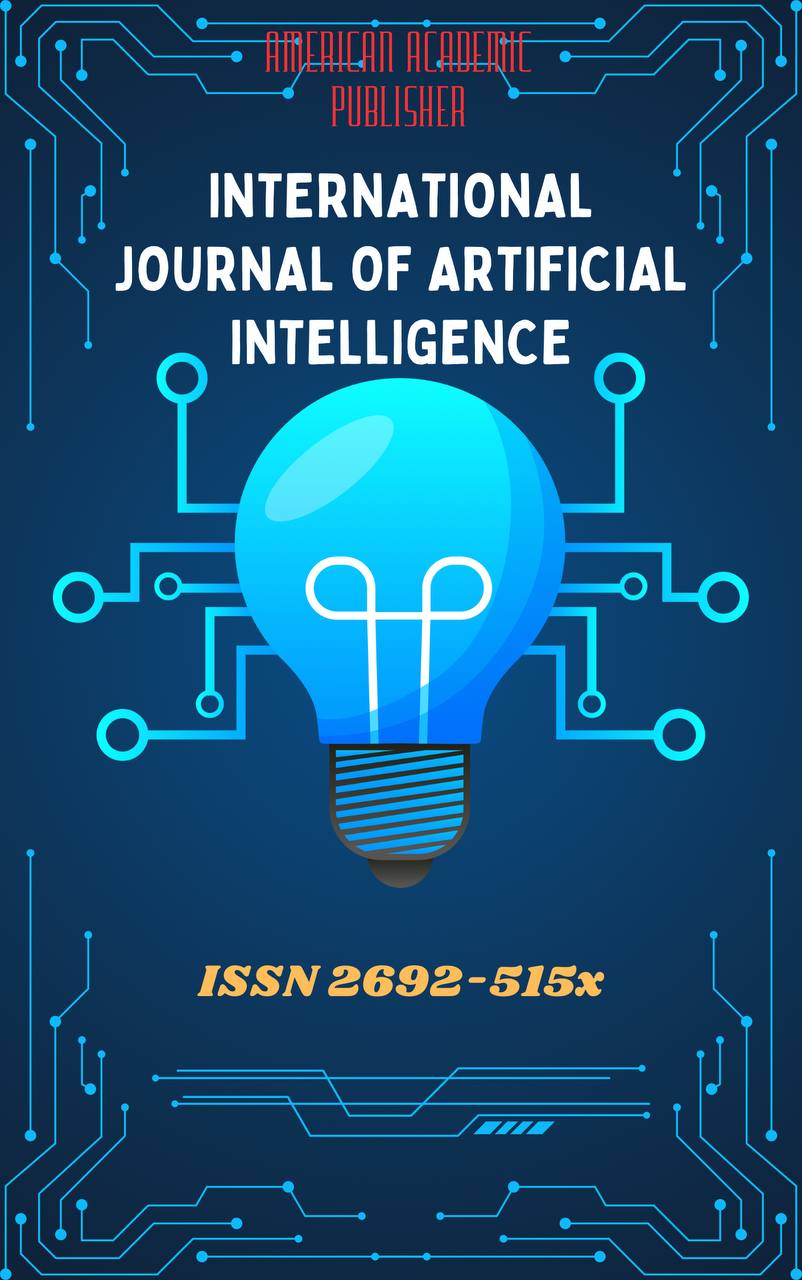 Articles
| Open Access |
Articles
| Open Access | SHARIAH-COMPLIANT ESG: LESSONS FROM GLOBAL TAKAFUL BENCHMARKS AND IMPLICATIONS FOR CENTRAL ASIA
Xudayberdiyev Umid Muradovich , Chairman of the Board, "AMANA SUG‘URTA" JSC Senior Lecturer of Tashkent State University of EconomicsAbstract
This article investigates the conceptual and practical alignment between Takaful—the Islamic cooperative insurance model—and ESG (Environmental, Social, Governance) principles. Through a comparative qualitative analysis of regulatory frameworks, policy documents, and benchmark cases from Malaysia, Saudi Arabia, and the United Kingdom, the study explores how Shariah-based Takaful mechanisms embody ESG-aligned ethics. Findings suggest that Takaful offers intrinsic safeguards against ESG-washing by embedding accountability, transparency, and social responsibility within its legal and spiritual structure. The paper also maps potential pathways for integrating ESG principles into Uzbekistan’s evolving Islamic finance landscape. It concludes by recommending regulatory alignment, digitalization, and targeted human capital development as prerequisites for ESG-compliant Takaful. The article contributes to the growing discourse on sustainable Islamic finance by providing a Shariah-anchored framework for ESG convergence.
Keywords
Takaful, ESG, Green Economy, Islamic Insurance, Shariah Compliance, Ethical Finance, Social responsibility, Sukuk, Digital Takaful, Sustainability, Uzbekistan
References
Obaidullah, M. (2005). “Islamic Financial Services”. International Institute of Islamic Business and Finance. https://www.researchgate.net/publication/266149378_Islamic_Financial_Services.
Ayub, M. (2007). “Understanding Islamic Finance”. John Wiley & Sons. https://www.amazon.com/Understanding-Islamic-Finance-Muhammad-Ayub/dp/0470030690.
AAOIFI (2022). “Shari'ah Standards for Islamic Financial Institutions”. https://aaoifi.com/shariaa-standards/?lang=en.
Yusof, M. F., Wan Ismail, W. Z., & Mohd Naaim, A. K. (2011). “Fundamentals of Takaful”. https://unissa.edu.bn/e-fihrist/cgi-bin/koha/opac-detail.pl?biblionumber=12080.
Deloitte. (2022). “Using Blockchain to Drive Supply Chain Transparency”. https://www2.deloitte.com/us/en/pages/operations/articles/blockchain-supply-chain-innovation.html.
Securities Commission Malaysia. (2020). “Sustainable and Responsible Investment Sukuk Framework”. https://www.sc.com.my/api/documentms/download.ashx?id=84491531-2b7e-4362-bafb-83bb33b07416.
Saudi Vision 2030. “Financial Sector Development Program Report”. https://www.vision2030.gov.sa/en/explore/programs/financial-sector-development-program.
Jo’rayev, O. (2024). “The Evolution of Asset Markets in Uzbekistan”. https://europeanscience.org/index.php/2/article/view/641.
Khan, M. A. (2023). “Takaful: An Ethical and Climate-Resilient Paradigm for Finance”. https://www.linkedin.com/pulse/takaful-ethical-climate-resilient-paradigm-finance-muhammad-ali-khan.
HM Treasury. (2024). “Annual Report and Accounts 2023 to 2024”. https://www.gov.uk/government/publications/hm-treasury-annual-report-and-accounts-2023-to-2024/hm-treasury-annual-report-and-accounts-2023-to-2024.
Decree PQ-4477 of the President of Uzbekistan (2019). «Strategy for Transition to a Green Economy for 2019–2030». https://lex.uz/uz/docs/-4539502
Decree PF-16 of the President of Uzbekistan (2024). «Uzbekistan–2030 Strategy». https://lex.uz/uz/docs/-7369703
Islamic Development Bank & UNDP. (2023). Insuring a Sustainable Future: Building Climate Resilience Through Takaful. https://sdgfinance.undp.org/resource-library/insuring-sustainable-future-building-climate-resilience-through-takaful-0.
Article Statistics
Downloads
Copyright License

This work is licensed under a Creative Commons Attribution 4.0 International License.

